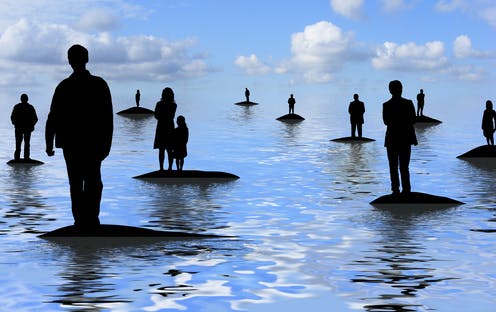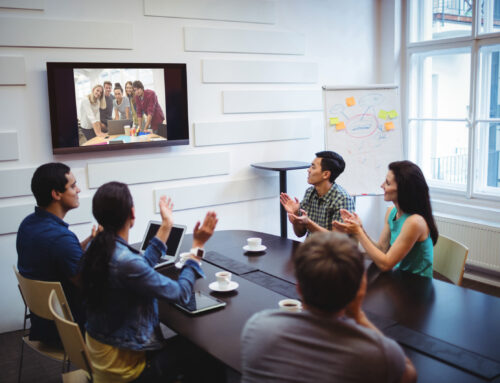“We don’t heal in isolation, but in community.” ― S. Kelley Harrell, Gift of the Dreamtime
As the pandemic plods on, month after month, many of us are finding ourselves chafing against imposed isolation. We feel simultaneously drained and restless. It can be bruising to the psyche to be cut off from the world by necessity. Although we know that it’s for the best, living through it can feel quite the opposite.
And while Harrell rightly states that community, not isolation, is the key to mental and emotional healing, our physical wellbeing hangs in the balance. The truth is that if you are suffering from isolation, you are not alone in your loneliness. Indeed, this social isolation is not unique to the COVID pandemic, but it is exacerbated by it.
The Science of Loneliness
Research conducted at Brigham Young University under the oversight of Dr. Julianne Holt-Lunstad found that a lack of social connection poses serious risks, not only your mental health, but also your physical wellbeing. Holt-Lunstad posits that disconnection is as mentally and physically unhealthy as smoking cigarettes, abusing alcohol, and obesity.
The findings of the study indicated that “social isolation and loneliness significantly increase the risk” of premature death, the scale of which “exceeds that of many leading health indicators.”
Loneliness, it seems, is a pandemic of a different kind. It has been linked to various mental and physical conditions like depression, anxiety, schizophrenia, dementia, Alzheimer’s, heart disease, and breast cancer. Loneliness can also play a significant part in suicidal ideations and behaviors.
Says Dr. Ami Rokach, a clinical psychologist and instructor at York University: “If reactive loneliness is painful, chronic loneliness is torturous.”
Connection is Key
Everyone reacts differently to isolation. Some experience feelings of fear, sadness, anger, or irritability. Others feel confusion, guilt, or even relief. You may have difficulty with cognitive processing, sleeping, or taking care of yourself due to these stressors.
Attempting to thrive in these unprecedented circumstances feels nearly impossible; many of us are just trying to hold on to our sanity as the months drag on. But we all need to remember one thing: it is normal to feel anxious and afraid right now, but you don’t have to go through it alone.
At a time like this, it has never been more vital to connect with others. Even though communication methods might not be ideal, it’s crucial to have some semblance of social interaction. Staying in touch with loved ones and making new connections can be a saving grace during periods of isolation.
We need to be reminded that we are not alone. Even though we may feel like it, even when we really are physically by ourselves, there are ways to connect. Whether that’s calling your mom on the phone, Zoom conferencing with your best friends, or sending a letter to your grandparents, every little bit helps.
We’re all feeling overwhelmed. But that’s why staying connected is a blessing. Together, we can share the load. Carrying it together makes the heaviness feel a little lighter.






